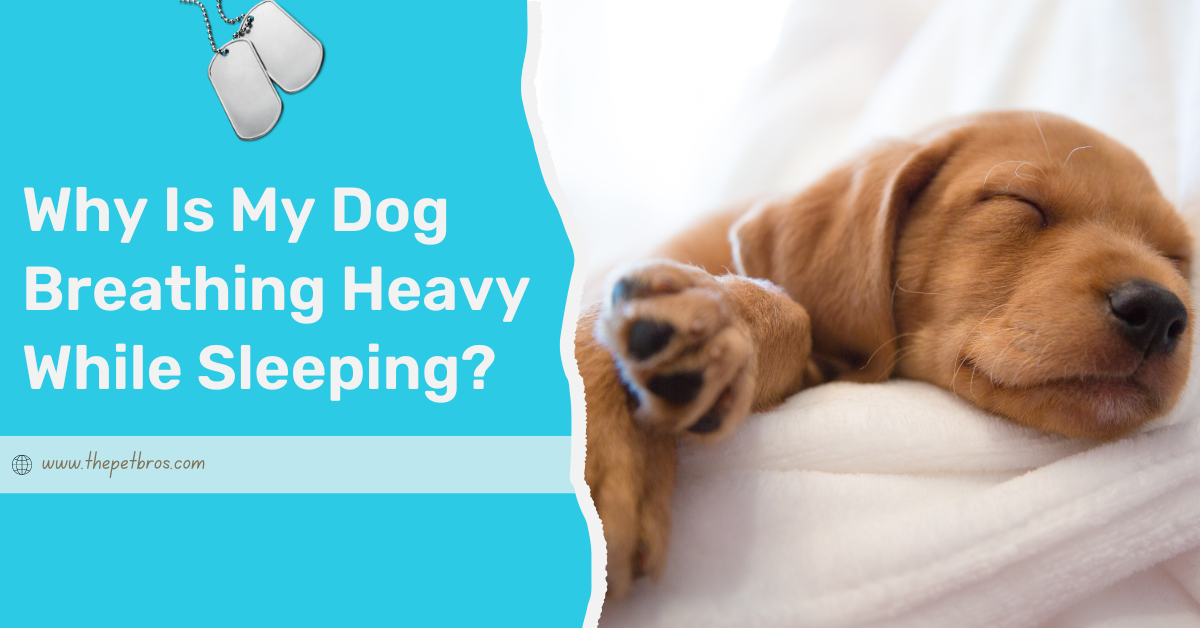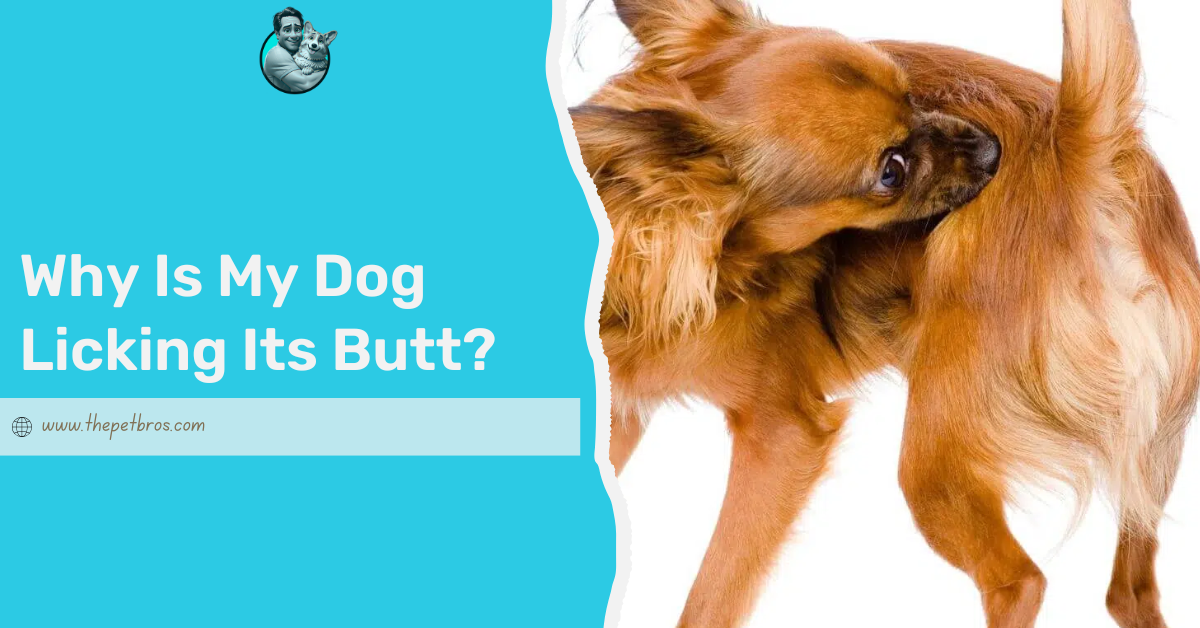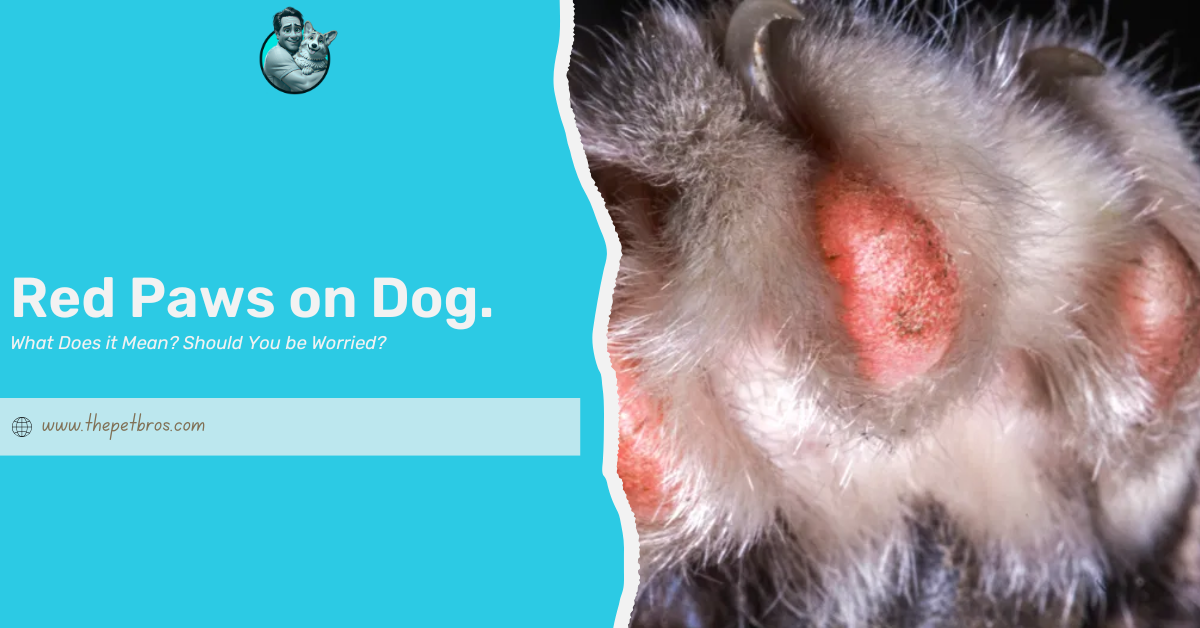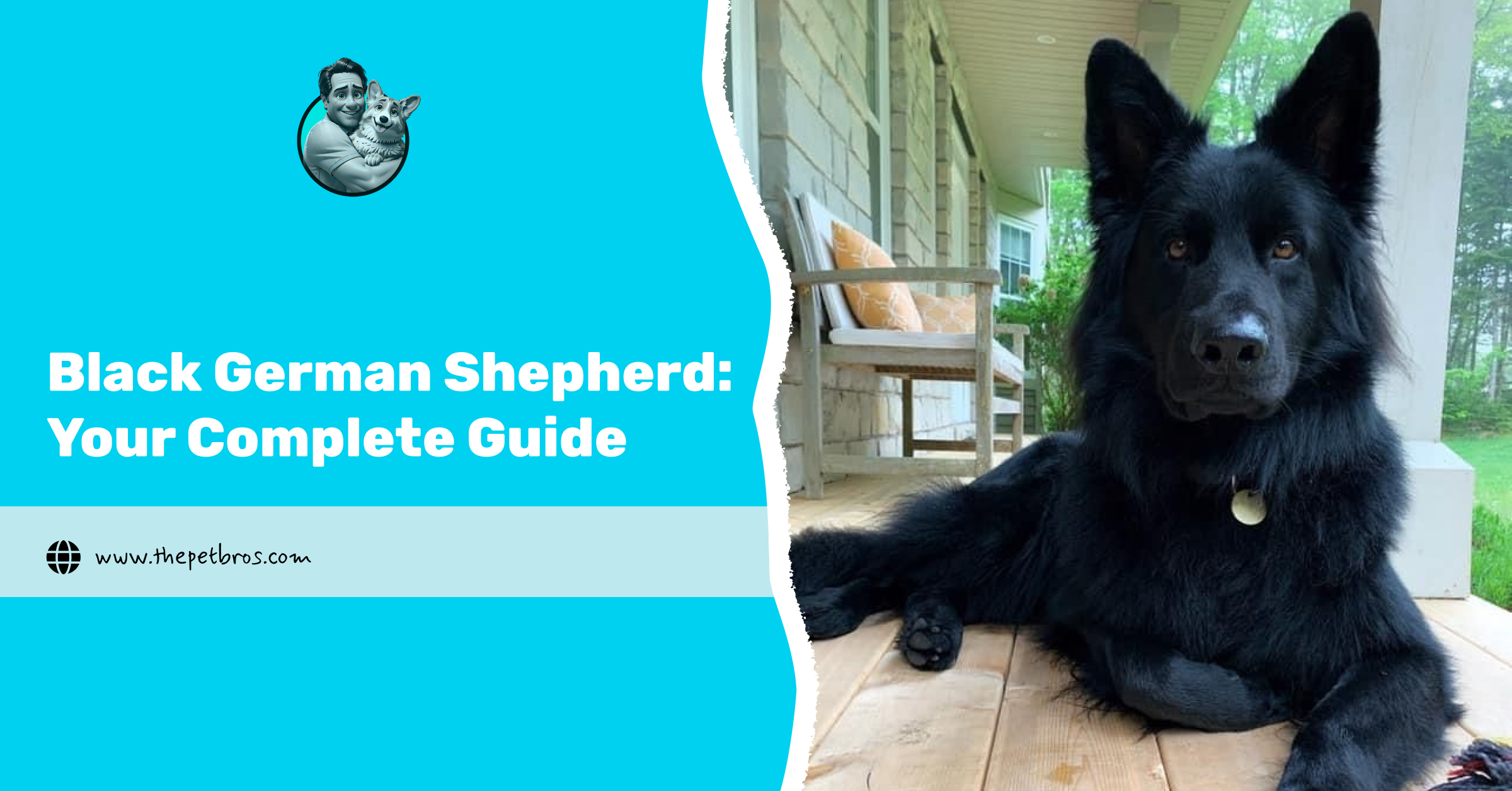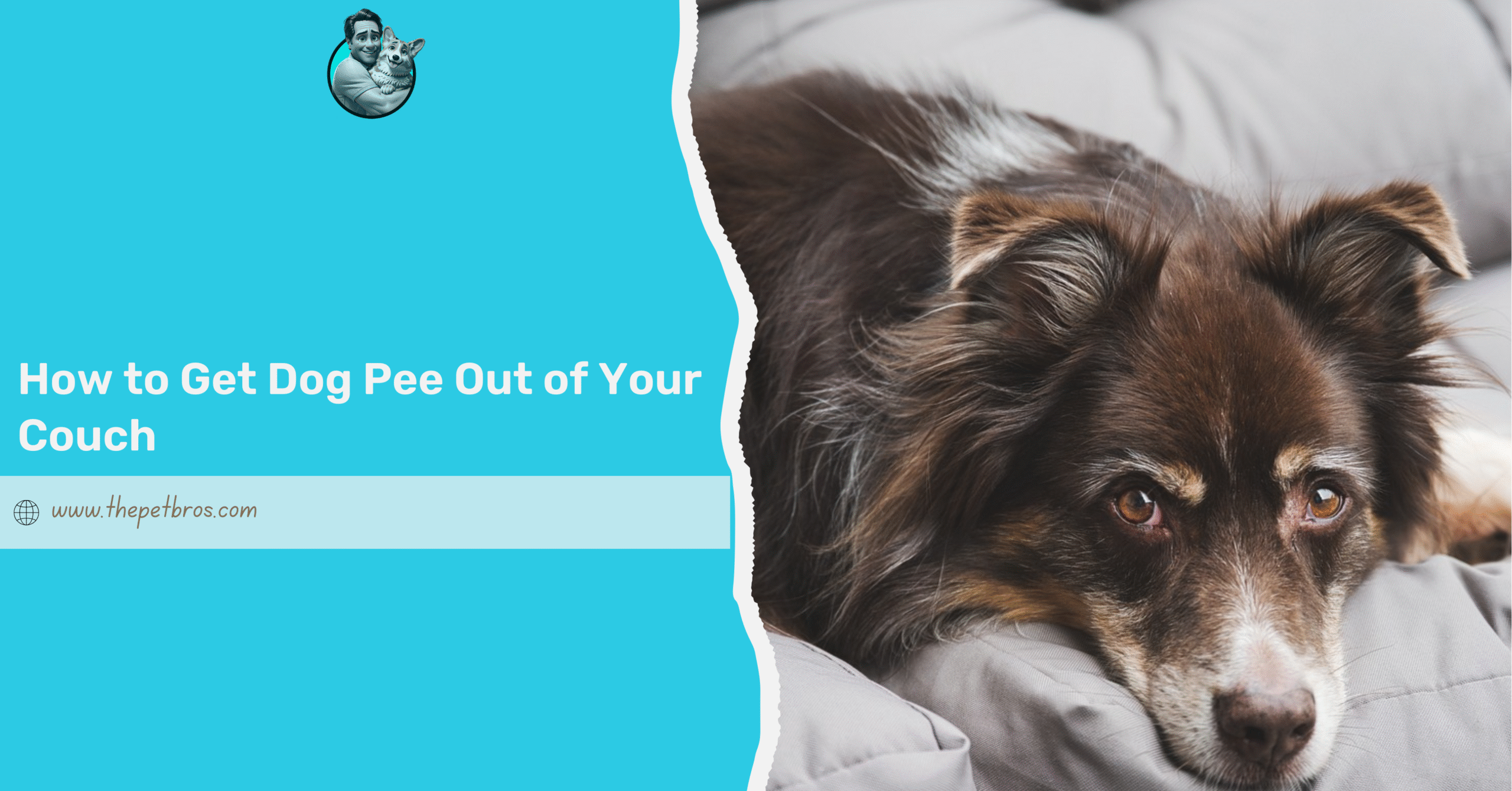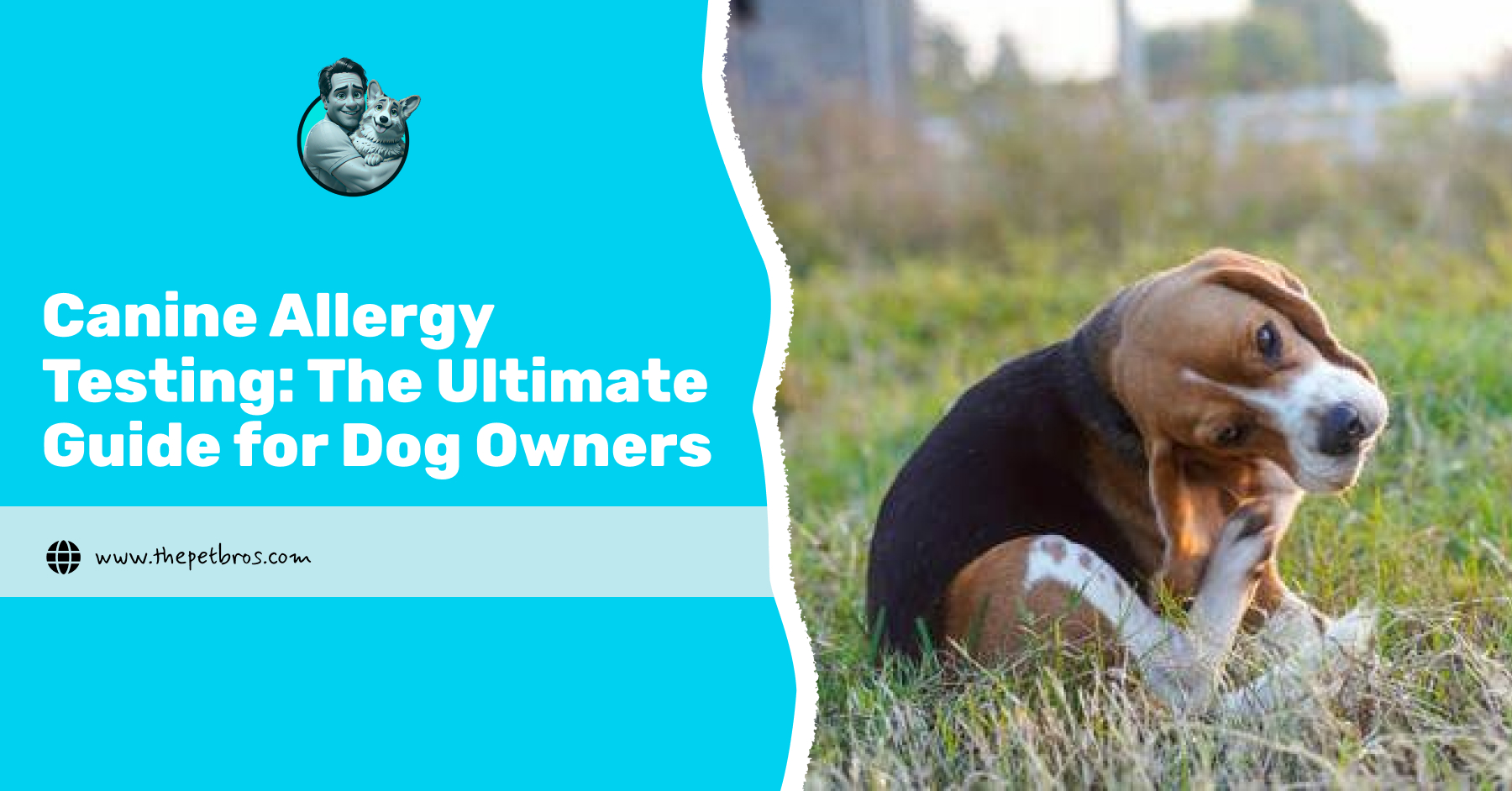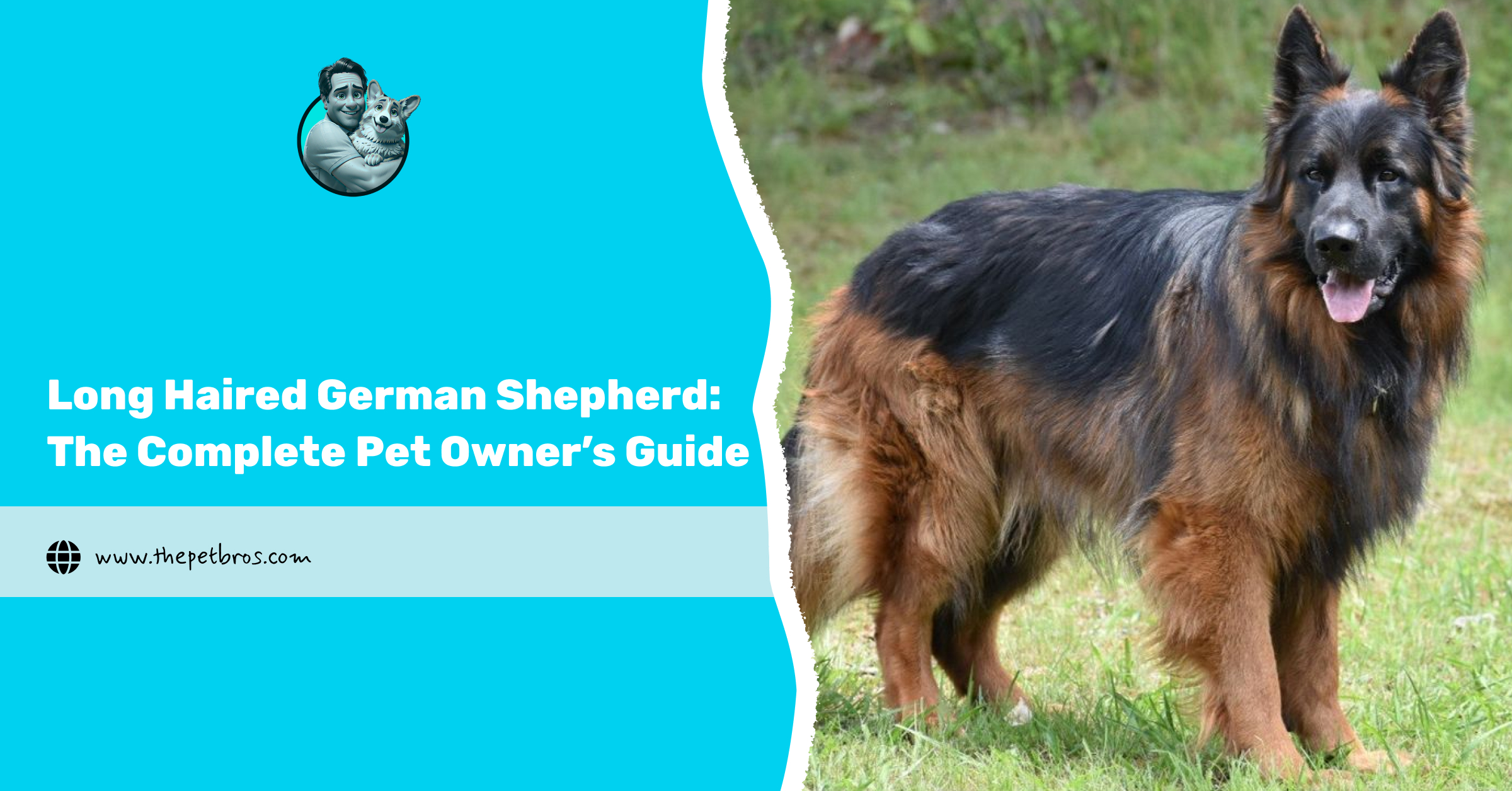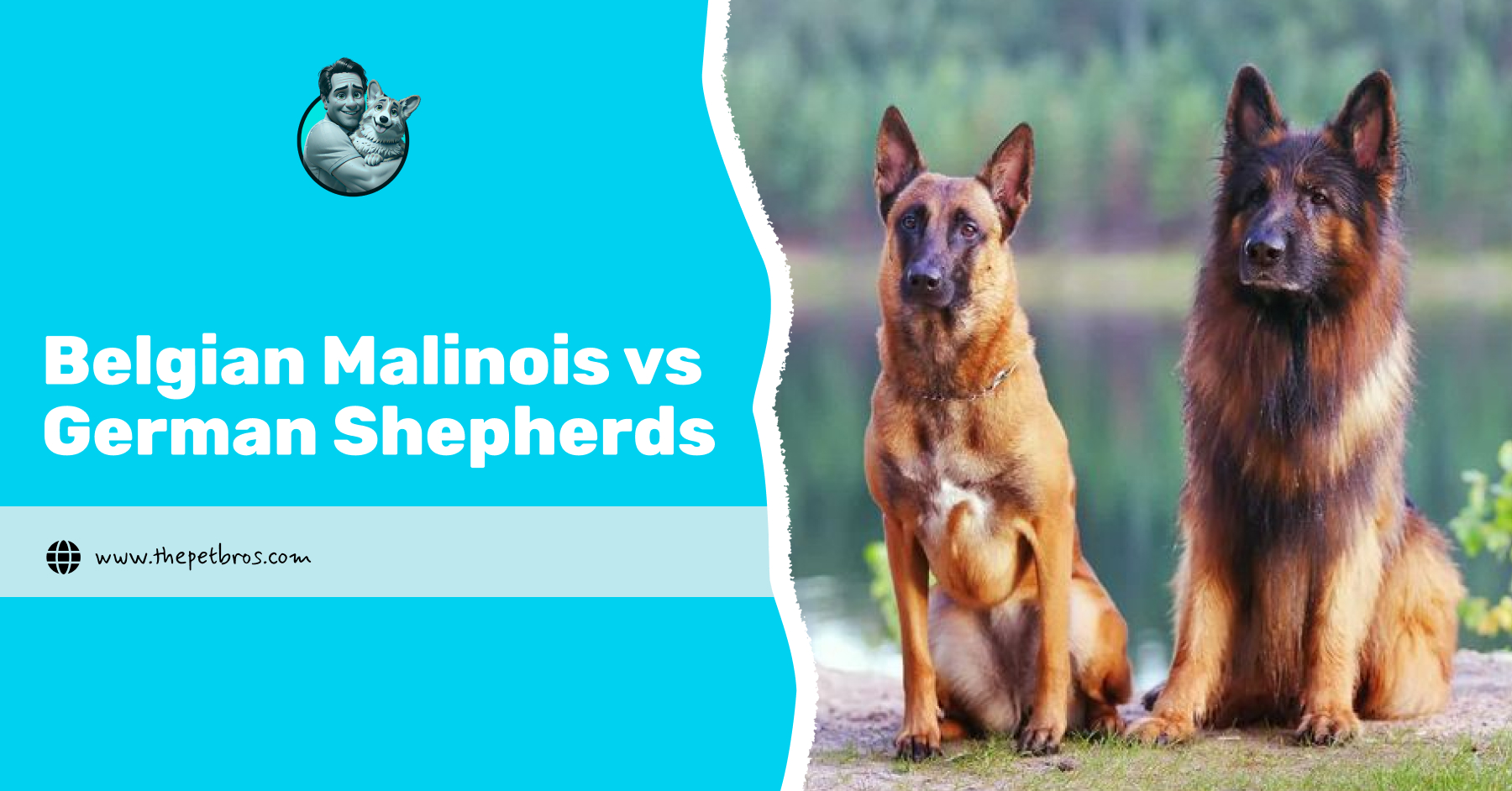As loving pet owners, we all cherish those quiet moments when our furry friends are curled up, peacefully dreaming away. However, it can be quite concerning when you notice your dog breathing heavy while sleeping. Is this normal? Could something be wrong? See, it’s natural to worry when our pets behave differently, especially during restful times that are supposed to be calm and relaxing.
Heavy breathing in dogs during sleep is a fairly common observation that can happen for various reasons. While it might be completely normal in some cases, it could also indicate something more serious. Understanding the reasons behind your dog breathing heavy while sleeping is important for peace of mind and for knowing when it might be time to consult a vet.
In this post, we’ll explore the common causes of heavy breathing in dogs while they sleep, help you distinguish between normal and abnormal breathing patterns, and provide useful tips on what to do if you notice your dog breathing heavily while asleep. So, let’s just get right into helping your furry companion breathe a little easier!
Is Heavy Breathing Normal for Dogs While Sleeping?
Dogs, like humans, have different stages of sleep, and their breathing patterns can change depending on which stage they are in. During the deeper stages, known as REM (Rapid Eye Movement) sleep, it’s completely normal for dogs to breathe a bit heavier. In this stage, your dog might even twitch, whimper, or move their legs as if running — this is all part of their dreaming process!
So, is it normal when your dog is breathing heaving while sleeping? The answer is: it depends. While some variations in breathing are normal, there are key differences between what’s considered normal and what could be a sign of something more concerning. For instance, if other sounds like wheezing or whimpering accompany your dog’s heavy breathing, or if they seem to be struggling for breath, it could indicate an underlying issue that needs attention. Similarly, if the heavy breathing is consistent and doesn’t calm down after a few moments, it’s worth monitoring.
Why is My Dog Breathing Heavy While Sleeping?
Your dog might be breathing heavily while sleeping for the following reasons:
- Your dog might be dreaming.
- Physical exertion and overstimulation.
- Maybe your dog is anxious and stressed.
- Heat and temperature regulation.
- Underlying health condition.
1. Your Dog Might Just Be Dreaming
As mentioned earlier, dogs experience different stages of sleep, including REM sleep, where dreaming occurs. During this phase, not only is your dog’s brain highly active, but their heart rate and breathing can also become more erratic and intense. This is a natural part of the sleep cycle and usually nothing to worry about.
However, what’s interesting is how individual dogs experience REM sleep differently. Some dogs may have more vivid dreams due to heightened levels of stress or excitement during the day, leading to more noticeable breathing changes at night. This is very common in dogs that love to socialise. If you’ve noticed this pattern, it might indicate that your dog’s daily experiences are more stimulating than usual. Again, this may be nothing to worry about.
2. Physical Exertion and Overstimulation
Another reason for your dog breathing heavy while sleeping could be physical exertion or overstimulation before bedtime. After a day filled with activities, like running, playing fetch, or even an extended walk, your dog’s muscles and respiratory system are still in recovery mode. Heavy breathing, in this context, is the body’s way of taking in more oxygen to repair muscles and cool down after these activities.
Now, it’s not just about the physical activity; mental stimulation also plays a role. Dogs who are highly engaged in activities that require focus or training can show signs of exhaustion that manifest in their sleep patterns. Even if a dog appears calm before bedtime, the body might still be processing the day’s adventures, leading to heavier breathing as part of their recovery.
3. Is Your Dog Anxious or Responding to Stress?
Heavy breathing during sleep could also be a subtle sign of underlying anxiety or stress. Dogs are highly sensitive to their environment and changes within it. A new home, the arrival of a new pet or family member, or even external factors like loud noises can cause a dog to experience stress. This stress doesn’t just disappear when they sleep; it can manifest as heavier breathing, restlessness, or even mild vocalisations like whining or barking. Speaking of whining, there are also various reasons your dog might be whining at night.
Unlike the REM sleep phase, where heavy breathing might be temporary, anxiety-related breathing is often more prolonged and can be coupled with other signs like restlessness or difficulty settling down. Understanding your dog’s stress triggers is key to determining if this could be the reason behind their altered breathing patterns during sleep.
4. Heat and Temperature Regulation
Your dog breathing heavy while sleeping can also be a natural response to regulating their body temperature. Dogs do not have sweat glands like humans and rely on panting to cool down. If your dog’s sleeping environment is too warm, their body may respond by increasing their breathing rate to release heat more efficiently.
However, understand that this doesn’t just happen in the summer months; it can occur year-round if a dog is lying in a cosy spot that gets too warm. You may notice their breathing becoming heavier as they try to adjust to a comfortable body temperature. Brachycephalic breeds, such as Bulldogs and Pugs, are particularly prone to this type of breathing, given their unique facial structure and limited ability to cool down efficiently.
5. Health-Related Causes
While many instances of a dog breathing heavy while sleeping are harmless, there are health-related reasons to consider as well. Conditions such as respiratory issues (e.g., asthma or kennel cough), heart problems, or even obesity can lead to increased breathing during sleep. Unlike the more benign causes, health-related heavy breathing often comes with other symptoms such as coughing, gagging, or general lethargy during waking hours.
If the heavy breathing is persistent or accompanied by these signs, it may indicate an underlying medical condition that requires attention. Being aware of these potential health issues is crucial for early detection and treatment, ensuring your pet stays happy and, more importantly, healthy.
When Should You Be Concerned About Your Dog’s Heavy Breathing While Sleeping?
Knowing when to be concerned about your dog breathing heavy while sleeping is key to ensuring their health and well-being. Here are some signs to look out for that may warrant a closer examination or even a visit to your vet:
- Consistent Heavy Breathing That Doesn’t Subside: One of the first signs that there might be a problem is if your dog’s heavy breathing does not ease after a few minutes or continues throughout their sleep. Unlike the brief episodes of heavy breathing during dreaming or after a day of play, consistent or prolonged heavy breathing could be a red flag. If your dog seems to struggle to catch their breath or maintains a rapid breathing rate without any apparent cause, it’s time to take note.
- Symptoms Like Wheezing, Coughing, or Gagging: If you notice your dog’s heavy breathing comes with additional symptoms such as wheezing, coughing, gagging, or even retching, it could indicate a respiratory problem or obstruction. Conditions like kennel cough, canine asthma, or even something lodged in their airway can cause these symptoms. Dogs with these symptoms may not only breathe heavily while sleeping but also show signs of distress during regular activities.
- Changes in Gum or Tongue Colour: Another clear indicator that your dog’s heavy breathing might be linked to a more serious condition is a change in the colour of their gums or tongue. Healthy gums should be pink, but if you notice a bluish, pale, or grey hue, it can indicate poor oxygenation, which is a medical emergency. Your dog breathing heavy while sleeping combined with such changes in colour can be a sign of cardiovascular or respiratory distress, and you should consult your veterinarian or any vet near you immediately.
- Restlessness and Difficulty Settling Down: If your dog appears restless, has difficulty settling down, or keeps shifting positions while breathing heavily, it could indicate discomfort or pain. This restlessness, especially when combined with heavy breathing, can sometimes point to conditions like heart disease, arthritis, or other underlying health issues that cause discomfort during sleep. Observing your dog’s sleep patterns closely and noting any behavioural changes can provide important clues to potential health concerns.
- Excessive Drooling, Vomiting, or Loss of Appetite: If your dog drools excessively, vomits, or suddenly loses appetite, and while sleeping, they breaths heavily, then it could be a sign of a more severe problem like bloat, poisoning, or a gastrointestinal issue. These conditions can cause discomfort and can affect a dog’s breathing patterns significantly. Immediate veterinary attention is crucial in such scenarios to prevent further complications.
- Age and Breed-Specific Concerns: Certain breeds and older dogs are more susceptible to conditions that affect breathing. Brachycephalic breeds (like Pugs, Bulldogs, and Boxers) are prone to breathing issues due to their facial structure, while older dogs may suffer from conditions like heart disease or arthritis that can affect their breathing. If you have an at-risk breed or an ageing dog, any noticeable change in breathing while sleeping should be carefully monitored.
How to Help Your Dog Breathe Easier While Sleeping
1. Create a Comfortable Sleeping Environment
A comfortable and well-ventilated sleeping area can make a big difference in how well your dog breathes during sleep. Dogs can be sensitive to temperature changes, and ensuring a cool and calm environment helps prevent overheating, which is a common reason for heavy breathing. Here are a few ways to improve your dog’s sleeping environment:
- Choose the Right Bed: Opt for a bed that supports your dog’s body and provides adequate cushioning. Orthopaedic beds, for example, can be especially beneficial for older dogs or those with joint issues.
- Ensure Proper Ventilation: Make sure your dog’s sleeping area is well-ventilated. Using fans or air purifiers can help circulate fresh air and reduce allergens, which can otherwise affect breathing.
- Regulate Room Temperature: Keep the room at a comfortable temperature, ideally between 18-21°C (64-70°F). A cooling mat or pad can also help keep your dog cool, especially during warmer months.
2. Monitor Diet and Exercise
A balanced diet and regular exercise play a crucial role in your dog’s overall health, including their respiratory function. Dogs that are overweight are more likely to experience breathing difficulties, even while sleeping. Here’s how you can help:
- Maintain a Healthy Weight: Feeding your dog a balanced diet and monitoring their portion sizes can help prevent obesity. Consult with your vet to choose the best diet plan for your dog’s age, size, and breed.
- Encourage Moderate Exercise: Regular exercise helps maintain healthy lungs and cardiovascular function. However, avoid over-exerting your dog, especially before bedtime. I mentioned earlier that your dog breathing heavy while sleeping might be because of overexertion during the day.
3. Regular Vet Check-Ups
This is a no-brainer. Regular veterinary check-ups are crucial in preventing and managing potential health issues that can affect your dog’s breathing while sleeping. Routine visits allow your vet to monitor your dog’s heart, lungs, and overall health, catching any early signs of conditions that could lead to heavy breathing. More importantly, if your vet provides specific advice for managing your dog’s breathing, such as using medication, supplements, or changes in diet, make sure to follow it closely.
4. Minimise Stress and Anxiety
As mentioned earlier, anxiety or stress can be a significant factor in a dog breathing heavy while sleeping. Reducing stressors in your dog’s environment can help them feel more relaxed and lead to more even breathing patterns during rest. Consider using calming aids like pheromone diffusers, which can create a sense of security and reduce anxiety. Soft, soothing music or white noise machines can also help mask external noises that might disturb your dog’s sleep.
Also, dogs thrive on routine. Keeping a consistent schedule for feeding, walks, and bedtime can help reduce anxiety and promote better sleep.
In conclusion, by following these steps, you can help ensure your dog is as comfortable as possible and reduce the likelihood of your dog breathing heavy while sleeping. As a pet owner, you know your dog better than anyone else. If something feels off, it’s always better to err on the side of caution. Trust your instincts and consult your veterinarian if you’re ever in doubt. I always do, and often, I am right. Trust me, early detection and intervention are often key to addressing potential health concerns effectively.
Frequently Asked Questions
How do I know if my dog is breathing too fast?
A resting breathing rate for a healthy dog is typically between 15-30 breaths per minute. If you notice your dog breathing more than 30 breaths per minute while resting or sleeping, it could be considered fast. Try counting their breaths for a full minute to get an accurate rate. If your dog is consistently breathing rapidly, especially when relaxed, it may be worth discussing with your vet.
What should I do if my dog’s breathing is irregular during sleep?
If your dog’s breathing is irregular while sleeping, it might be due to dreaming or shifting sleep cycles, which is generally normal. However, if you notice signs like prolonged heavy breathing, gasping, or laboured breaths, it could indicate an underlying issue. Keep an eye on any other symptoms and consult your veterinarian to ensure everything is fine.
Why is my dog breathing fast but acting normal?
Rapid breathing in a dog that otherwise seems normal can sometimes occur after exercise or excitement. However, if your dog is breathing fast but acting normal, it could indicate stress, anxiety, overheating, or a health issue like respiratory or heart problems. Monitoring their behaviour and breathing patterns can help determine if a vet visit is needed.
What does rapid breathing in dogs mean?
Rapid breathing in dogs can mean a variety of things, from excitement or physical exertion to more serious issues like respiratory distress, heart conditions, or anxiety. If your dog is breathing heavy while sleeping or resting, and especially if it’s accompanied by other symptoms like coughing or lethargy, it’s important to seek veterinary advice.






